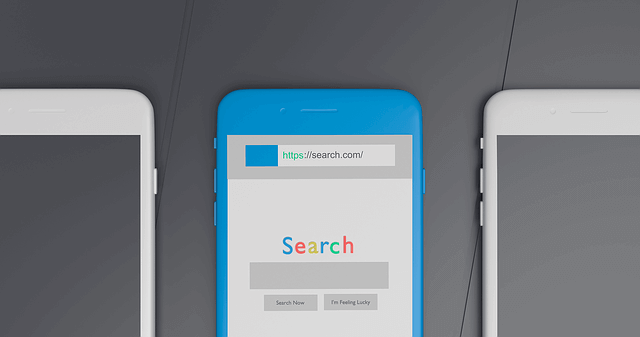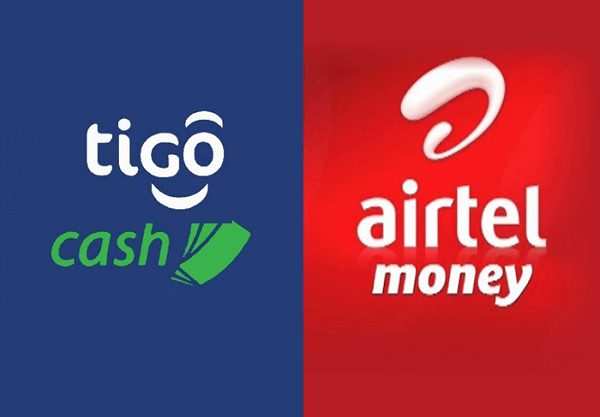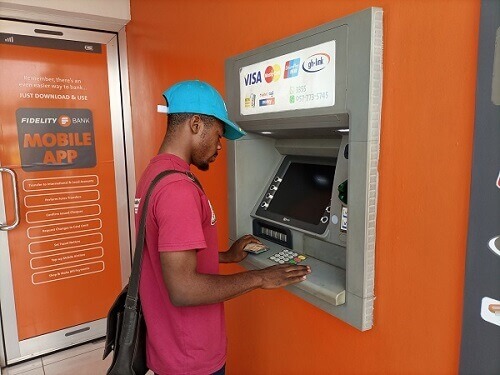How Safe Is Internet Usage In Ghana?
The evolution of the internet has transformed it from a simple network of computers into a complex and multifaceted entity, influencing various aspects of our lives.
In Ghana, as in many parts of the world, the Internet has become an invaluable tool, facilitating online shopping, communication, job applications, and even remote work.
The convenience it offers is undeniable, connecting people across distances and providing opportunities for various activities.
However, amidst its benefits, the internet also harbors risks that users, including Ghanaians, need to be mindful of.
Online users may encounter harmful elements that pose threats to their safety and well-being.
In this article, we aim to assess the safety of the internet for Ghanaian users and provide insights into how they can protect themselves from potential harm while navigating the online landscape.
It’s crucial for users to be aware of the potential risks associated with internet usage and to adopt proactive measures to safeguard their online experiences.
By understanding and implementing online safety practices, individuals in Ghana can enjoy the benefits of the internet while minimizing exposure to potential dangers.
Risks
Engaging with the internet entails a degree of risk, contingent upon factors such as frequency of use, online activities, and the nature of visited websites or downloaded content.
Individuals utilizing mobile messaging applications for chatting generally encounter lower risks compared to those using computers to explore various web pages.
Allow me to outline some of the potential risks associated with internet usage.
Fraud
Regrettably, the realm of the internet has become a favored domain for fraudulent activities.
In contemporary times, fraudsters increasingly conduct their nefarious schemes online, surpassing traditional physical or mobile phone-based methods.
One prevalent online scam involves fraudsters posing as influential online investors. These individuals often approach internet users with enticing promises of rapid wealth accumulation.
Unfortunately, many unsuspecting individuals fall prey to these schemes, unwittingly sending money to these fraudulent entities, only to later discover the deception.
It is imperative for internet users to exercise vigilance and skepticism to mitigate the risks associated with such scams.
Malware
Undoubtedly, the proliferation of malware remains a pressing concern, with new instances emerging on a daily basis and disseminated across the internet. Upon accessing the internet, individuals expose themselves to the potential risk of malware infiltrating their computer systems.
It is crucial to recognize that the threat extends beyond casual internet browsing. Visiting websites, particularly those disguised as legitimate sites but controlled by malicious actors, poses a risk of malware infection.
Furthermore, the act of downloading files, even seemingly innocuous ones, can serve as a conduit for malware to compromise your computer.
Vigilance and prudent online behavior are paramount in safeguarding against the pervasive threat of malware in the digital landscape.
Phishing
Certainly, users are susceptible to phishing attacks, a method employed by cybercriminals to illicitly acquire valuable information.
In this scenario, a user may unwittingly open an ostensibly legitimate-looking email, which, unbeknownst to them, contains concealed malware.
Phishing attacks often target sensitive information, such as bank details, with the ultimate aim of unauthorized access to the victim’s financial accounts.
Once in possession of this information, cybercriminals exploit it to pilfer funds from the victim’s account.
It is imperative for users to exercise caution and verify the legitimacy of emails, especially those requesting sensitive information.
Employing robust security measures and staying informed about common phishing tactics are fundamental steps in fortifying oneself against such malicious activities in the digital realm.
Privacy
The notion of privacy on the internet is nuanced, as nearly every online action is subject to tracking by various entities.
Social media companies, in particular, employ extensive tracking mechanisms to monitor user activities.
This surveillance enables them to curate personalized content, including advertisements, tailored to individual preferences when users revisit their platforms.
Facebook, as a prominent example, is recognized for its comprehensive user activity monitoring.
Despite assurances about encryption and security measures, there are concerns that the company may leverage user data for targeted advertising across its suite of social media platforms.
It’s important for users to be aware of the data practices of online platforms and exercise discretion regarding the information they share.
Understanding privacy settings and being mindful of the digital footprint one leaves behind are essential aspects of navigating the online landscape with a measure of control over personal information.
Keeping Yourself Safe
There are some ways that users can make sure to keep themselves safe when they visit the internet.
Firewall
Installing a firewall on a computer system is a fundamental step in bolstering cybersecurity. A firewall serves as a protective barrier, monitoring and controlling incoming and outgoing network traffic.
By doing so, it acts as a defense against unauthorized access and potential security threats.
In the context of internet safety, a firewall becomes particularly crucial. It serves to block malicious traffic, including malware, that may attempt to infiltrate your computer, especially when visiting potentially harmful websites.
This proactive measure adds an extra layer of security to mitigate the risks associated with online activities.
Regularly updating and configuring the firewall settings further optimize its effectiveness in safeguarding your computer system.
Avoid Downloads From Untrusted Sources
Eexercising caution when downloading apps is a prudent practice for online safety. It is highly advisable to obtain apps exclusively from official and reputable sources, such as the Play Store for Android or the App Store for iOS.
These platforms implement stringent security measures to vet and validate the apps available for download.
Downloading apps from unverified or dubious websites poses a significant risk of exposing your device to malware or other security threats.
Stick to the official app stores, as they provide a more secure environment by conducting thorough checks on the apps they host.
This precautionary approach contributes significantly to safeguarding your device and personal information from potential security breaches.
Avoid Phishing
It is imperative to exercise caution when encountering emails, particularly those purporting to be from financial institutions.
It is advisable to refrain from opening messages that appear suspicious or dubious. Cybersecurity threats, such as phishing attempts, often involve deceptive emails attempting to extract sensitive information.
Therefore, it is crucial to scrutinize such communications thoroughly and refrain from engaging with them to safeguard personal and financial security.
Always tell people to alert you when they send you an email so that you will know when to suspect an email or not since some emails can look legit to even ICT.
Avoid Fake Promotions And Giveaways
Ignore any message that comes to you on social media places like Facebook that promises you a lucrative online investment where you can double your money (you can click here to read the real ways to make money online) within minutes. All these are fraudsters that prey on greedy and ignorant people.
Conclusion
Regrettably, the landscape of online privacy poses formidable challenges. Should one hold privacy in high regard, refraining from online activities emerges as a plausible choice.
It is advised to abstain from the use of social media applications entirely. Alternatively, one might consider judiciously limiting the volume of personal information divulged on these platforms.
Given that tech companies meticulously track user activities for advertising purposes, circumventing these practices proves challenging even with the deployment of various blocking applications.
While certain browsers incorporate features to mitigate tracking, achieving absolute security remains an elusive goal.
Your newfound awareness sheds light on the precarious nature of the internet for the typical Ghanaian user.
The elucidation of protective measures underscores the importance of a cautious online approach. I trust this revised presentation maintains the intended informative and helpful tone.







